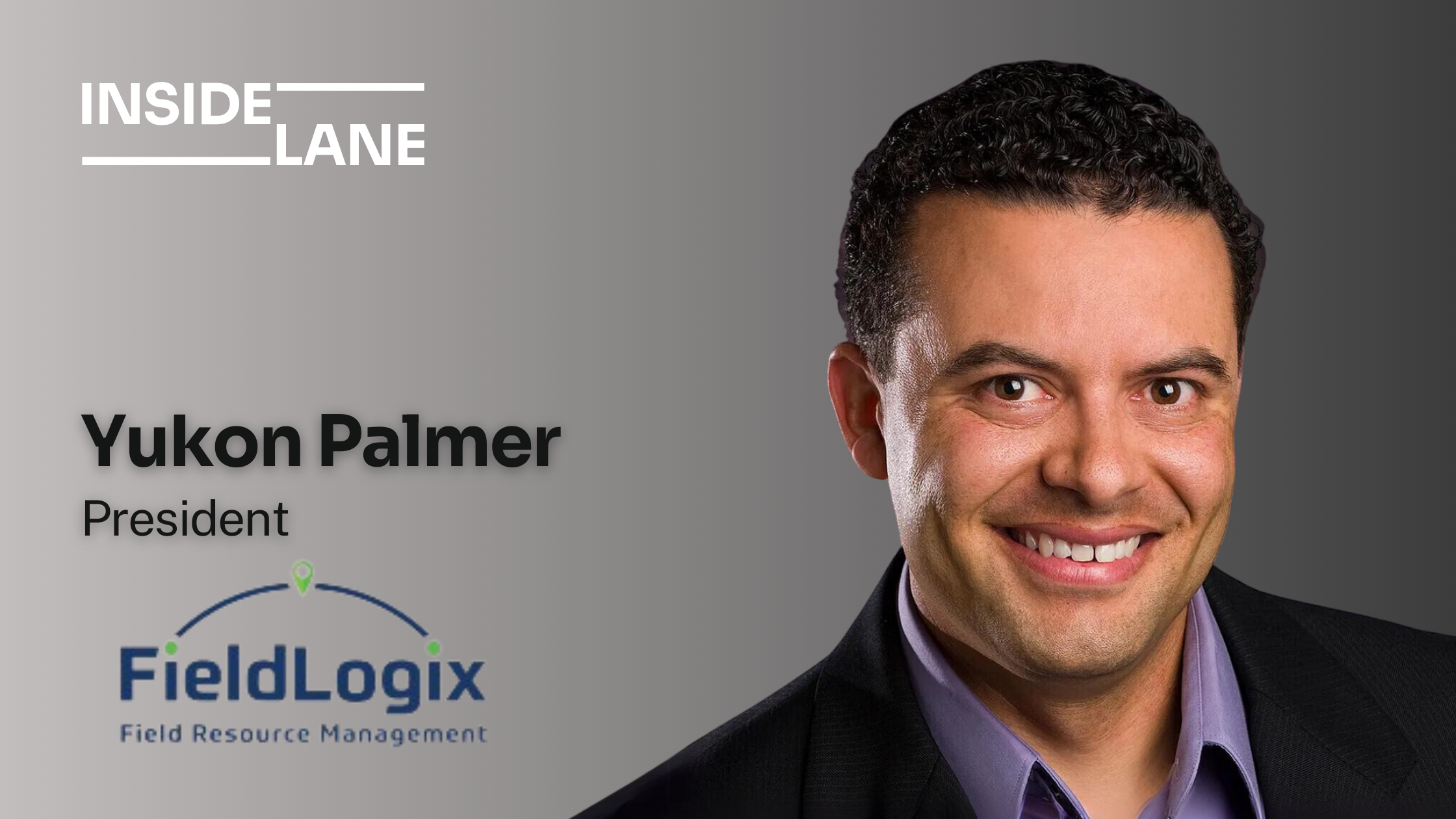Experts Urge Risk Assessments Amid Fleet Fraud Surge
Fleet fraud losses have skyrocketed, with experts advocating for comprehensive risk assessments to mitigate potential threats. Proactive measures and tailored strategies are crucial to safeguarding against evolving fraud risks in fleet operations.

By Neil Pope, for The Inside Lane
It’s impossible to overstate the importance of conducting regular fraud risk assessments, especially in light of recent data revealing significant annual losses for fleets due to fraud.
Enterprise fleets reported an annual loss of 19% due to theft and fraud in 2023, while smaller fleets estimated losses at 16% according to recently released data from Motive, an AI-powered integrated operations platform.
However, due to the lack of attention given to fraud by many fleet companies, the true numbers are likely to be even higher.
Yukon Palmer, president of Fieldlogix, an industry-leading GPS fleet management company, explains the reasons why fraud is rife amongst fleets.
“Many companies consider fraud as an inevitable cost of doing business, akin to retail shrinkage. They have historically accepted a certain level of fraud within their fleets, often around 5%. However, this mindset is changing. With the advent of advanced tools for managing, monitoring, and mitigating risks, such complacency is becoming obsolete,” Palmer explains.

Using risk assessments to eliminate fleet fraud
One such tool helping companies is a fraud risk assessment.
A fraud risk assessment is a process that helps managers and decision-makers understand their fleet’s exposure to fraud, identify potential risks, and put controls in place to mitigate them.
Conducting thorough fraud risk assessments helps with the early detection of fraud and enhances your overall risk management strategy.
Vendant Khamesra, general manager of AtoB, the trucking industry’s first fintech platform spoke with The Inside Lane and emphasized why risk assessments can’t be overlooked.
"Fleets suffer the most from fraud by incurring financial losses, and one of the most important objectives of fraud risk assessment should be to improve the financial health of the business by eliminating opportunities for the misuse of the company’s assets," Khamesra said.
"At the same time, compliance to safety and regulations and uncovering the effectiveness of existing controls and policies are also key elements of fraud assessments."

Tailored fraud risk assessment strategy
Following a ‘cookie-cutter’ approach, or relying solely on a risk assessment template, is not only suboptimal but a common mistake.
Instead, organizations should embrace a customized approach to fraud risk assessment, considering industry specifics, risk factors, and operational nuances. It falls upon management and departmental managers to conduct these assessments, with a strong focus on the fleet's vulnerability to potential fraud occurrences.
Click to subscribe to the Inside Lane for free!
Khamesra advises on tailoring a risk assessment to each fleet, suggesting that fleet managers begin with their largest expenses.
"Fleet managers should start with the highest-cost line items and work down from there. Fuel is generally at the top of the list, with losses due to fuel theft or fraud in their operations coming in as the primary concern and loss leader. Fleets should also look into vehicle utilization or unauthorized use, expense reimbursement, and maintenance and repair expenses," Khamesra explained.
This approach ensures that resources are allocated to address the most critical areas of vulnerability. Quality data is essential for this process, forming the foundation of accurate risk identification and enabling organizations to anticipate and adapt to evolving fraud risks.
Overcoming data challenges in fraud detection
Palmer highlights the challenges that gathering quality data presents.
"The issue typically revolves around the availability and integration of disparate data from various sources," he said. "Some data sources are more easily accessible than others, complicating the task further."
To solve this problem, fleet managers are increasingly embracing cutting-edge technologies such as AI and machine learning to swiftly analyze data and uncover subtle patterns that might elude human detection.
Khamesra offers some final advice for fleet managers who are just starting to implement fraud risk assessments in their organization.
"It might seem daunting at the start, but prioritizing and tackling each threat one by one will make the process of building systems and culture where fraud issues are less prevalent and easily resolved less overwhelming," Khamesra said.
"You are also not fighting the fight alone. Advancements in both vehicle hardware and software, such as fuel level sensors and telematics, and fintech solutions, such as the merchant and purchase type controls offered by AtoB, are helping to detect and prevent fuel fraud in real-time, automating much of these protocols once put into place."
Have a question or comment about this article? Email Bianca Prieto at editor@theinsidelane.co
Not yet a subscriber? Join here.





Comments ()